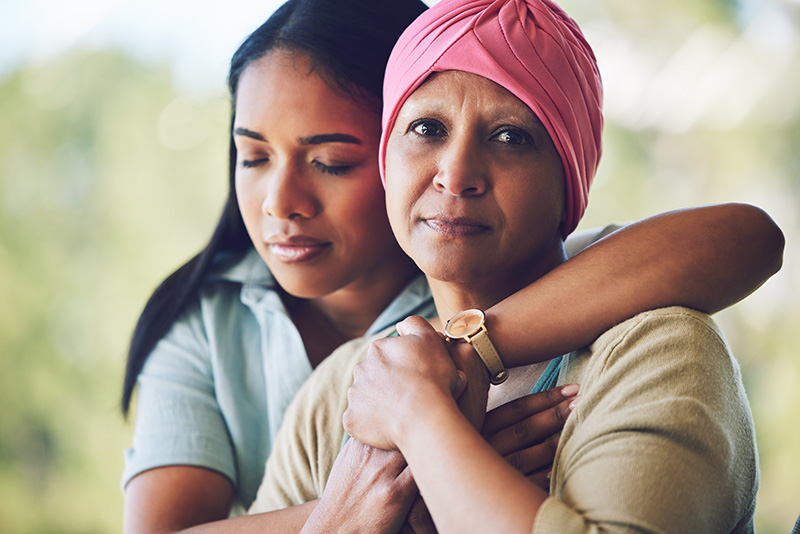A rigorous research approach sheds light on cancer survivor perspectives
Thanks to improvements in screening for, diagnosing, and treating cancer in the United States, a growing number of Americans are living as cancer survivors. According to the National Cancer Institute, cancer survivors may be people living with cancer, as well as those who have completed treatment and live cancer-free. Despite the large number of cancer survivors, research into their unique needs has been limited. Members of the Arkansas CEAL Regional Team set out to change that by surveying survivors across the largely rural state.
To guide its work from start to finish, the research team used an established tool called the Quality of Survival (QoS) framework. After asking participants to describe in their own words their biggest challenge related to cancer, the researchers used the QoS tool to organize and analyze their responses. Survivors spoke about their quality of life, including psychological and social factors; cancer survival; managing the side effects of cancer; and navigating the economic impact, including employment, health care costs, and transportation considerations. Participants in the study represented a wide range of demographic factors and cancer diagnoses.
“Nuanced understanding of survivors’ experiences, using theory-driven qualitative and mixed-methods approaches, will continue to be critical for developing effective, evidence-based practices to meet the needs of survivors.” SSM - Qualitative Research in Health, June 2025
Using the QoS framework served to illuminate key themes that emerged across groups. For example, most respondents — rural and urban alike — described at least one challenge related to their quality of life. These often included having feelings of anxiety, fear, guilt, or shame. Problems managing the side effects of cancer during or after treatment was another common theme.
By anchoring its work to the QoS framework, the team laid the groundwork for future research to better make comparisons across studies. The team’s approach shed light on the nature of the challenges — both physical and psychosocial — faced by cancer survivors, particularly in rural areas. Ultimately, this work will be used to inform evidence-based interventions aimed at improving the lives of cancer survivors across the country.
Last updated: February 24, 2026
